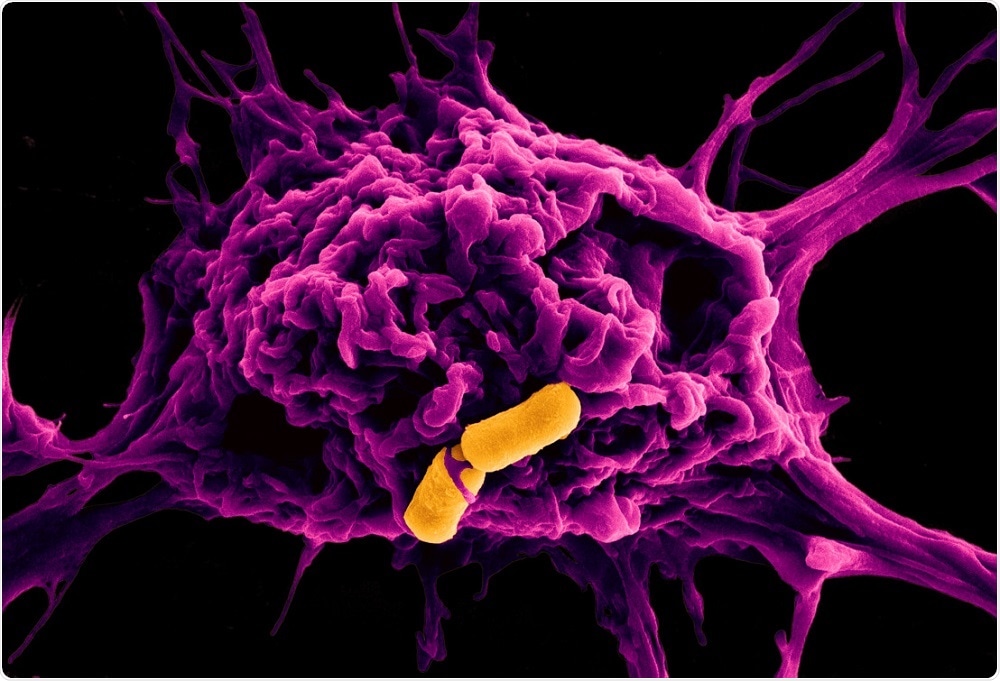A team of researchers at the Australian National University have made an important discovery that could help save patients with bacterial infections, particularly those suffering from food poisoning.

Australian University | Shutterstock
One of the most common causes of food poisoning is a bacterium called Bacillus cereus, which secretes the toxins that cause vomiting and diarrhea. It can contaminate vegetables, rice, pasta, fish, and meat and will multiply if these foods are not stored at the correct temperature.
Lead researcher Anukriti Mathur has now figured out how Bacillus cereus works and what can potentially be done to combat it.
Mathur says the bacterium interacts with the immune system and that she now knows how it sustains itself and what might possibly be done to stop it causing damage.
She says it has a “remarkable ability to secrete toxins,”– toxins that, once consumed, attack cells and cause vomiting and diarrhea.
“We knew the toxin would have to attack the cells, triggering an immune reaction, but we now know how it does it.”
As reported in the journal Nature Microbiology, the study found that the toxin binds directly to a cell and punches holes in it to destroy it. The immune system responds by reacting to the infection.
Now, Mathur and team know how the bacteria and toxins work, it should be possible to fight it and find ways to harness the immune system to fight against it, she says.
Scientists say the important discovery will be essential to understanding and treating severe food poisoning.
Mathur thinks the research could help patients with a compromised immune system:
We might be able to save patients by weakening the toxin, or in the case of sepsis, dampening inflammatory responses. It also means we have therapeutic drug options to further support antibiotic therapies, especially in the face of rising antibiotic resistance.”
Anukriti Mathur, Lead Author
However, group leader of the research, Si Ming Man, advises that prevention is better than cure. She emphasizes the importance of washing hands properly and preparing food in accordance with safety recommendations:
Always cook or reheat food properly. Bacteria may have landed on it and start secreting toxins in your food. Heating your left-over food properly will destroy most bacteria and their toxins.”